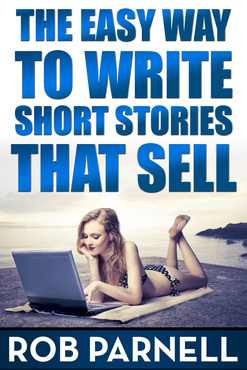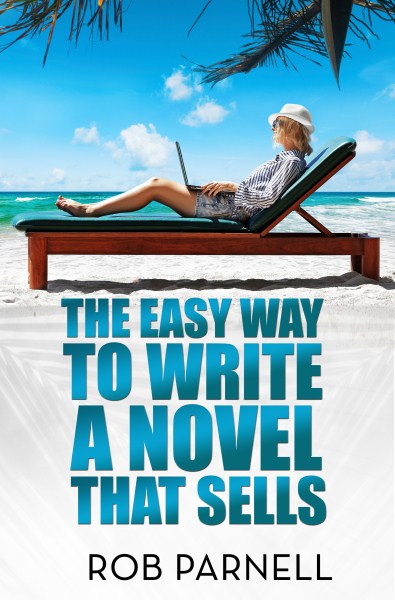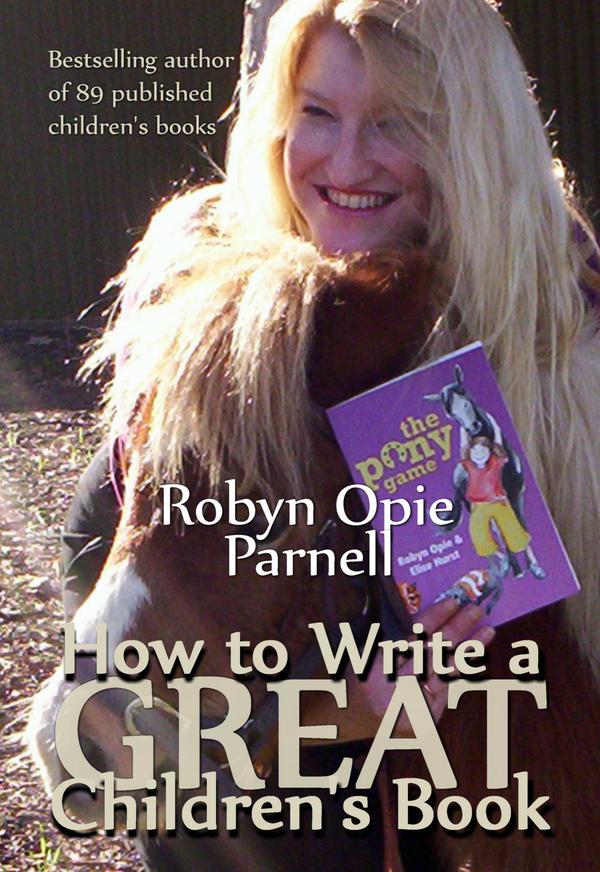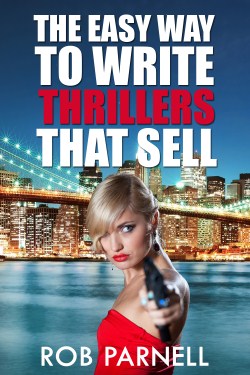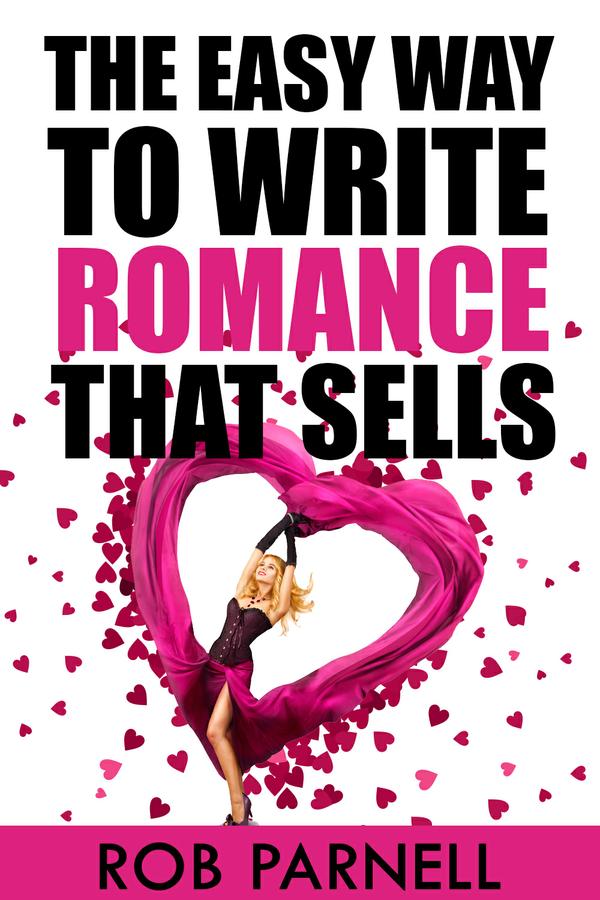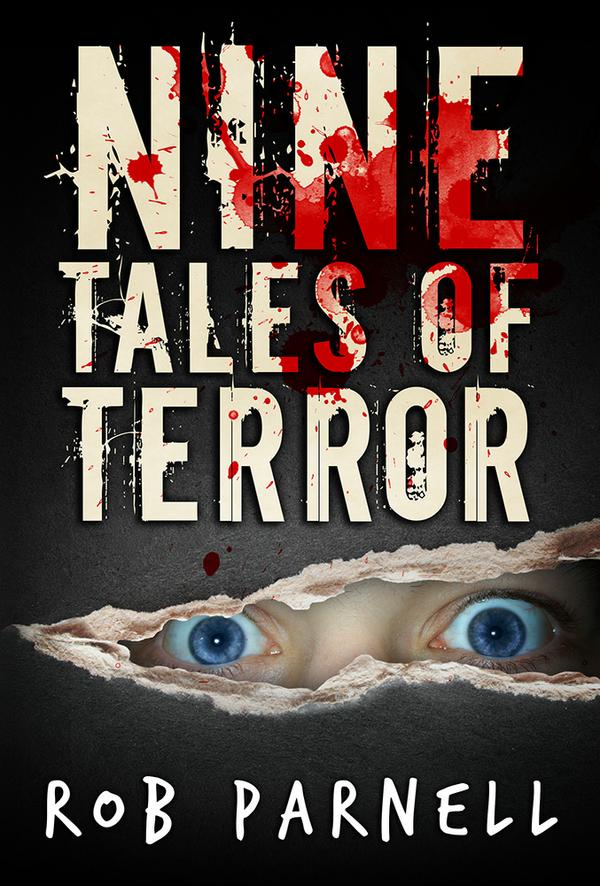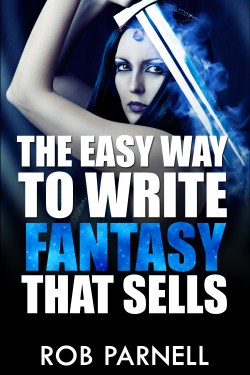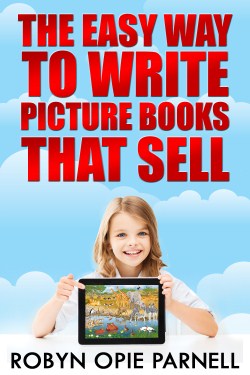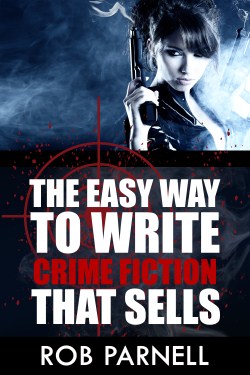Dear Fellow Writer,
Great to be talking to you again.
Many of you will be pleased to know that these weekly newsletters will become the sole source of information from me from the beginning of next year.
That is, apart from all the books on Amazon. There are currently 21 of our books on Kindle and we plan to put up another 20 or so before March 2014.
When they're all online, including hard copies through CreateSpace, the only communications from me will be via this free newsletter.
Have fun in the run up to Christmas.
Speak soon,
Keep Writing!
Rob@easywaytowrite.com
Many of you will be pleased to know that these weekly newsletters will become the sole source of information from me from the beginning of next year.
That is, apart from all the books on Amazon. There are currently 21 of our books on Kindle and we plan to put up another 20 or so before March 2014.
When they're all online, including hard copies through CreateSpace, the only communications from me will be via this free newsletter.
Have fun in the run up to Christmas.
Speak soon,
Keep Writing!
Rob@easywaytowrite.com
THIS WEEK'S ARTICLE:
Use Your Thinking Cap
CAP
is a useful acronym that describes how you should go about planning
stories. Think about the shape of a baseball cap: it’s crescent
shaped, has a strap at the back and a peak at the front.
Got that?
And it goes on your head, right?
Now let’s start thinking through your story idea:
Start
with a character in the back of your mind. See him or her, visualize
the face and body and clothes; physical characteristics, his or her
looks and overall presence. After a couple of weeks of thought,
these images should be crystal clear in your mind.
Next,
give your character an agenda - a goal he or she needs to achieve, some
result that needs to be created or more simply, something he or she
needs to do to attain peace, security or enlightenment.
Then
use your character’s agenda to inspire an action, event or
emotion - each of which, for clarity, we’ll call a story-beat.
Then use your first story-beat to inspire the next story-beat.
Make
sure that the first beat causes the second and the second beat came
about as a direct result of the first. Then think of a third beat that
was caused by the second. And so on.
When
you keep stringing together story-beats that logically appeal to you,
and let them intertwine and influence each other, you will likely have,
at the end of this process, a coherent plot.
Now,
whether at this stage it’s a plot that will create a story worth
telling is something I examine elsewhere. For the moment, you just need
to be clear on how rational, effective fictional stories should evolve.
Remember: CAP – Character + Agenda + Plot = Story.
Use Logic When You Cap
Escapism is not just the reader’s desire to vicariously experience thrills or magical journeys.
When readers want to escape it is merely from their own minds. Being the same person all the time can be a tedious business. So what better way to escape than to become someone else for while.
This
is really what is happening when someone reads – their thoughts
have been willingly hijacked by the author. This is why you should not
feel any pressure to provide a long stream of thrills and spills in
your story. That’s not all that’s required.
It’s
actually far better for you to simply present a logical and cohesive
character’s view of the world that the reader can then follow and
enjoy experiencing. When you’ve done that, the reader is more
than satisfied – and will usually come back for more.
Getting
new readers can be an uphill struggle for writers. Your writing may be
terrific but overcoming readers’ natural resistance against
trying another writer can become a sticking point. The way to overcome
this resistance is to create emotional experiences in the reader -
through trust, engagement and logic - that make your stories work for
many readers - and not just a few.
Being able to create stories that resonate across the board then - and enable many to escape, from all walks of life - is the goal of the serious writer.
Logical progression is paramount. But what constitutes logic is not so
clear. It’s more of an agreed convention rather than a clear set
of rules. What is clear is that the personal logic of the writer must
be transferable - and recognizably coherent to the average reader.
Because
it is the logic of your character’s motivations and agendas that
will define your story form. And if the inherent logic of your
story is not a commonly shared experience then your emotional
beats will not be transferable to the masses.
The
form your story takes is less important than the structure with which
it is put together. Less enlightened teachers will tell you that form
comes first, then story. But this is incorrect.
Writers,
who always work from the bottom up, know that it is the pieces that
make up the whole and not the whole that defines the pieces.
Till next week.
Keep Writing!
rob@easywaytowrite.com
Your Success is My Concern
Rob Parnell's Easy Way to Write
Your Success is My Concern
Rob Parnell's Easy Way to Write
THIS
WEEK'S WRITER'S QUOTE:
|


